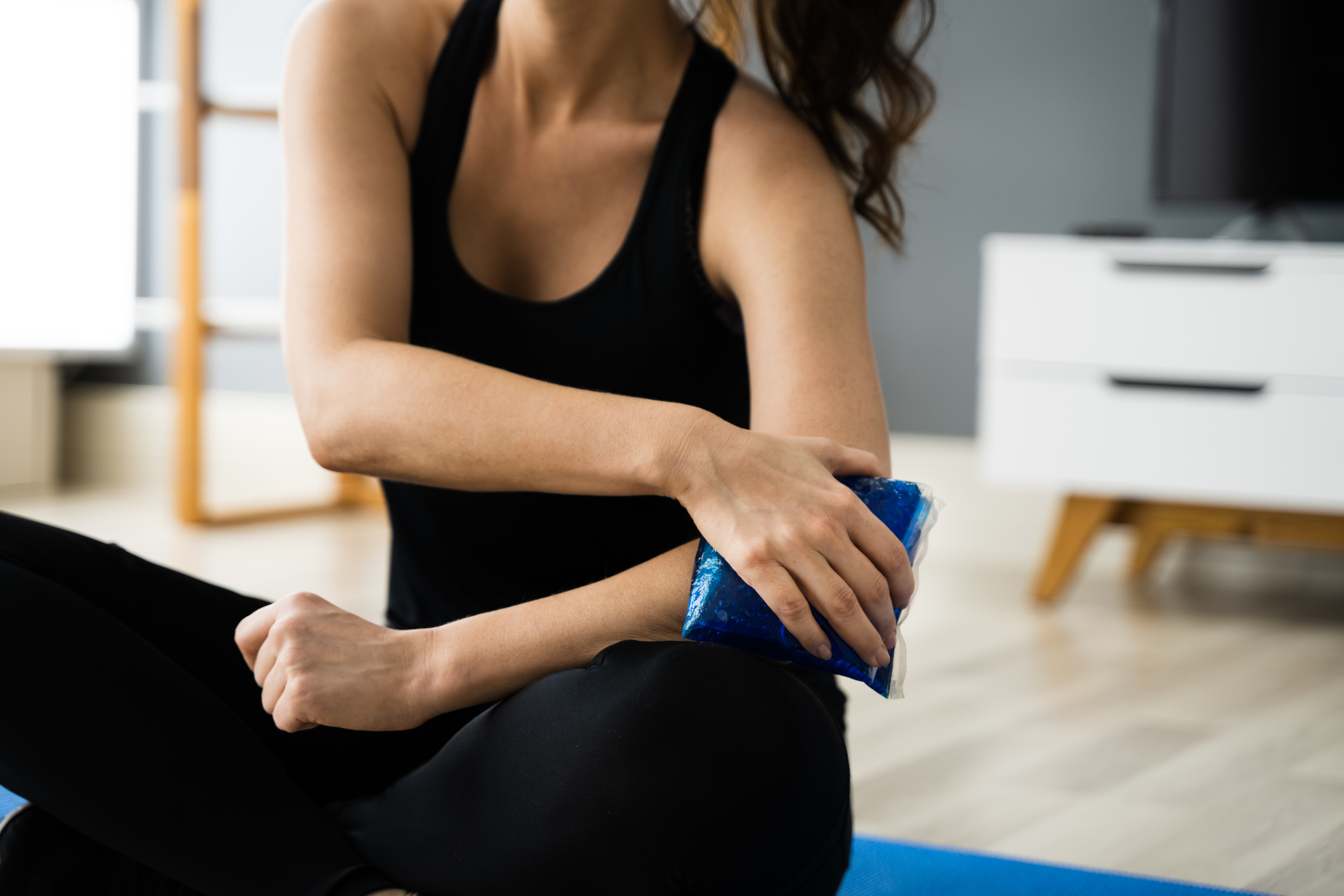Blanket of snow, it’s off to work we go. At some time during the season, you will have more snow than you can shovel in a mere few minutes. You know it all too well, it’s going to be a hurting day.
Sore muscles may be perceived as a badge earned through hard work, and an indication of a well used day. And certainly, something so well earned, should have some enduring qualities, such as stiffness and soreness well into the next day. A little soreness is quite normal and indicates you are building muscle for future work and stamina. But when is it not good?
Shovelling snow can be intense exercise. If you aren’t normally active, pursue the task with caution. Exercise that is beyond your fitness level may lead to injury, so building up your muscles and stamina for those future heavy snowfalls is important. The key to good exercise is recovery. Muscle soreness is your body’s way of telling you that it needs recovery time. Your risk of serious injury is much higher if you don’t fully recover.
The most important thing to do is to anticipate. Before you shovel, a bit of stretching and walking will warm up your muscles and start your heart pumping – warn your body of the work it’s going to be doing! Be prepared to start treating muscle soreness immediately. Get those ice packs in the freezer, and check the expiration date of your pain relievers.
Recovery from muscle soreness and stiffness does require motion. Stretching to bring blood flow to the area of strain, use of rollers and massage will help bring oxygen and nutrients to speed muscle recovery. It is also important to reduce inflammation as soon as you can, so applying a cold compress initially is important. A cold compress should not freeze you, and only be applied for 10 to 15 minutes. Do this often for a few hours, and less frequently as the day progresses, but do this for 48 hours. You can also alternate the cold compress with a light massage or use a heating pad to increase blood flow and decrease pain.
If muscle soreness is more pain than just sore, or it is interfering with daily activities, you may need additional help. Medications, rubs, and patches for pain and inflammation are commonly used for muscle soreness and strains. Your PharmaChoice pharmacist can help you select medications if you have chronic conditions or taking medications. Your pharmacist can also help you determine if you need to seek medical attention, especially if your pain is not improving, is affecting your mobility or has lasted beyond a couple of days.
Seek medical attention immediately if your muscle soreness is accompanied by sharp or severe pain. Remember, snow shovelling can be a tough exercise, so if you have a family history of heart disease, have high blood pressure or smoke, talk to your doctor and get an all-clear to start clearing.




